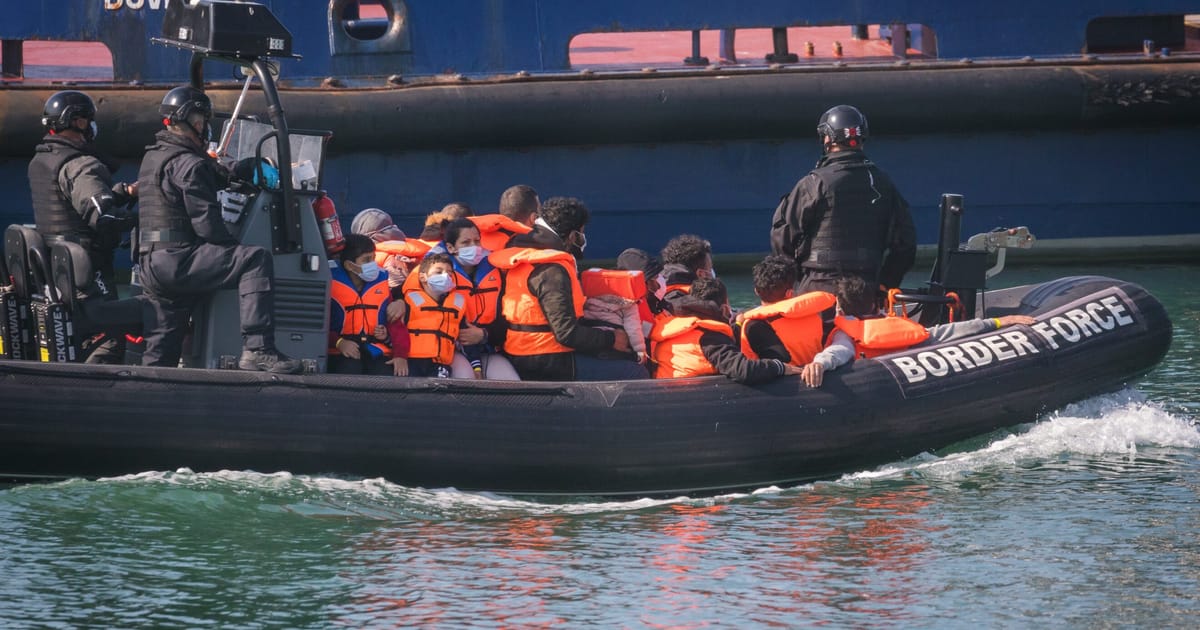

In an era defined by rapid geopolitical changes, recent diplomatic moves across the globe illustrate both the challenges and opportunities inherent in international relations. As countries navigate intricate webs of alliances and negotiations, these developments underscore a commitment to dialogue and collaboration amidst evolving global dynamics.
One focal point of current diplomatic efforts is the migration accord under consideration between France and the United Kingdom. The European Commission is poised to evaluate this proposal aimed at addressing and managing the increasing number of migrants crossing the English Channel. This robust initiative highlights a collective effort to ensure the welfare and proper treatment of migrants, recognizing the importance of a humane and systematic response to migration challenges.
Across continents in the Asia-Pacific region, Australian Prime Minister Anthony Albanese embarks on a significant diplomatic mission to China. This visit aims to fortify economic ties with Australia’s largest trading partner while remaining mindful of evolving security dynamics. Of particular interest is the trilateral AUKUS agreement involving Australia, the United Kingdom, and the United States, which centers around nuclear submarine capabilities. As the Biden administration reviews this agreement amid broader military considerations, Albanese’s visit emphasizes the delicate balance between economic cooperation and defense preparedness in an interconnected world.
Meanwhile, in the European theater, former U.S. President Donald Trump hints at a shift in his administration’s military policy towards supplying Ukraine with weapons through NATO allies. This potential strategy comes at a time of stalled negotiations to end the ongoing conflict with Russia. Trump’s suggested announcement reflects a nuanced approach to arms assistance, balancing support for Ukraine with strategic partnerships within the NATO framework. The willingness to engage multi-national collaborations indicates a preference for sustained dialogue and shared responsibilities in addressing regional conflicts.
In the Middle East, Israeli Prime Minister Benjamin Netanyahu’s recent visit to Washington D.C. marks another effort toward achieving peace amidst ongoing tensions in Gaza. Although a ceasefire agreement remains elusive, Netanyahu’s dialogue with American leaders, including endorsing an honorific nomination for Trump, underscores the significance of high-level assurances and continued diplomatic engagement. The visit exemplifies a steadfast pursuit of peace, hoping to eventually cultivate conditions conducive to long-lasting resolution.
As these international efforts unfold, they reflect a shared understanding of the need for cooperation and measured responses in addressing complex global issues. Whether through migration policies in Europe, security arrangements in the Asia-Pacific, military support transitions in Eastern Europe, or peace negotiations in the Middle East, governments recognize the imperative of working together. This period of diplomatic activity showcases a world that continues to seek peaceful resolutions and meaningful partnerships amidst uncertainty, fostering hope and stability for the future.
Source: {link}
